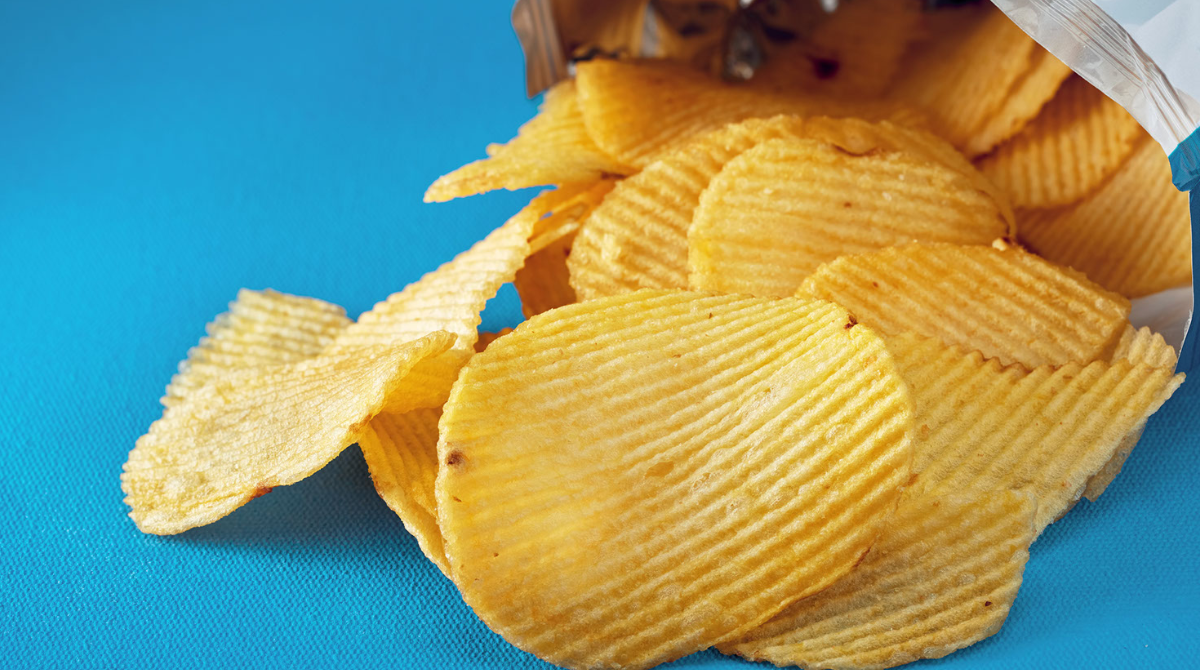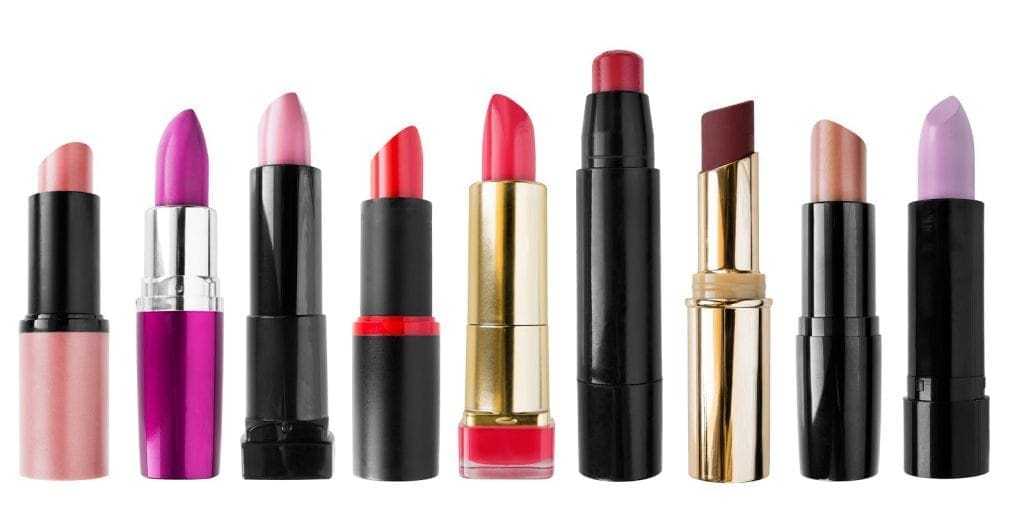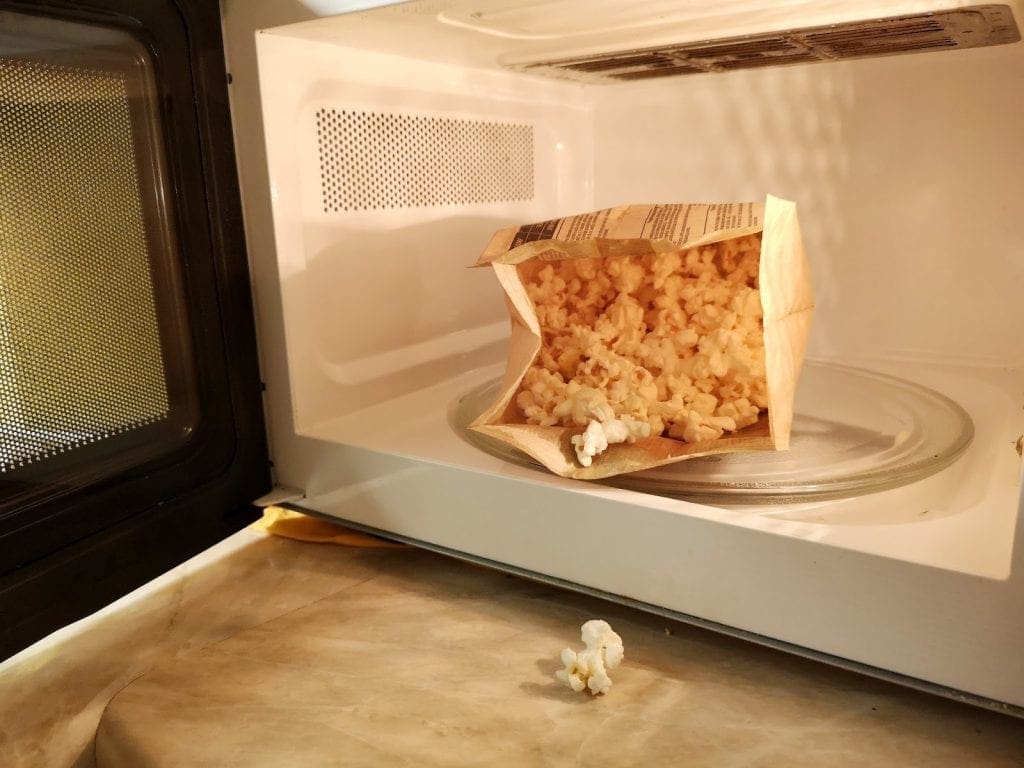
TBHQ, or tert-butylhydroquinone, is a commonly used preservative in processed foods, particularly those containing fats or oils. However, the jury is still out on whether this preservative helps to preserve you after consumption, or whether it’s sending your physiological systems a little haywire.
It’s been linked to immune dysfunction, protection against fat-induced cell death, and to both carcinogenic and cancer-protective mechanisms within the body.
Banned in some jurisdictions, in others TBHQ is deemed safe and used in thousands of processed foods. Microwave popcorn, chips, chicken nuggets, and even some kinds of butter contain TBHQ. It acts as a preservative to prevent oils in these products oxidising, and its fat anti-peroxidation effects also prevent oils from going rancid. This action helps maintain the delicious flavour of the food in question, and also helps maintain the levels of vitamins present.

TBHQ is commonly found as a white or slightly beige powder. Despite the chemical name and the information in some dubious articles found on the internet, it is NOT butane, nor is it related to butane. While it does have a tertiary butyl-group attached to it (hence the ‘tert-butyl’ part of the name), it is actually a derivative of hydroquinone.
While it’s clear that TBHQ protects the oils and fats in food, unfortunately, its effects on humans are a little less clear-cut.
In most jurisdictions, TBHQ has been deemed safe for use at concentrations of less than 0.02% in food items, and at concentrations below 0.1% in cosmetics. However, the junk food-heavy diets of those in many Western nations see consumption of TBHQ surpass recommended safe daily limits.

TBHQ has been shown to have some protective effects against liver and skin cell death, and some cancers, for example. It also appears to have neuroprotective effects in patients with neurodegenerative conditions such as MS. However, particularly at higher levels, it has been shown to promote some cancers, such as stomach tumours. Other studies report that it has negative effects on DNA. It causes strand separation within the DNA, which promotes cancer within the body. This is aggravated by its prevention of the proliferation of probiotics or ‘good bacteria’ in the digestive tract, leading to poor gut health.
TBHQ also acts as an immunotoxin with varying effects on the immune system. It interferes with the maturation of natural killer immune cells. This is a big deal, because natural killer cells are necessary for early detection of cancers and containment of cells infected by viruses. They also secrete special compounds that prompt other immune cells to step into action, creating an enhanced immune response. Studies have found that by consuming TBHQ, you’ll have a harder time battling the flu, and that flu vaccine you had will be less effective. TBHQ could also be promoting allergic reactions and immune hypersensitivity.

In essence, the same advice dieticians have been stressing for ages applies here too. Avoid processed foods, eat healthy whole foods and include prebiotics and fibre to promote probiotic growth. By avoiding processed foods, you won’t be consuming so many food preservatives such as TBHQ. Focus on consuming healthy fats and oils from foods such as avocado that aren’t laden with preservatives to reduce oil oxidation. Also, it’s important to note that supplements such as fish oils that you might think are healthy can often contain TBHQ and similar preservatives to ensure the supplement does not go rancid.
Chemwatch is here to help
Some chemicals, such as TBHQ may be safe in limited quantities, but others must be handled with special care. If you have any questions about the safety, storage and labelling of your chemicals, please do not hesitate to get in touch with us. Our friendly staff draw on expert knowledge gained over many years of experience to offer the latest industry information and advice on how to stay safe and comply with chemical regulations.
Sources: